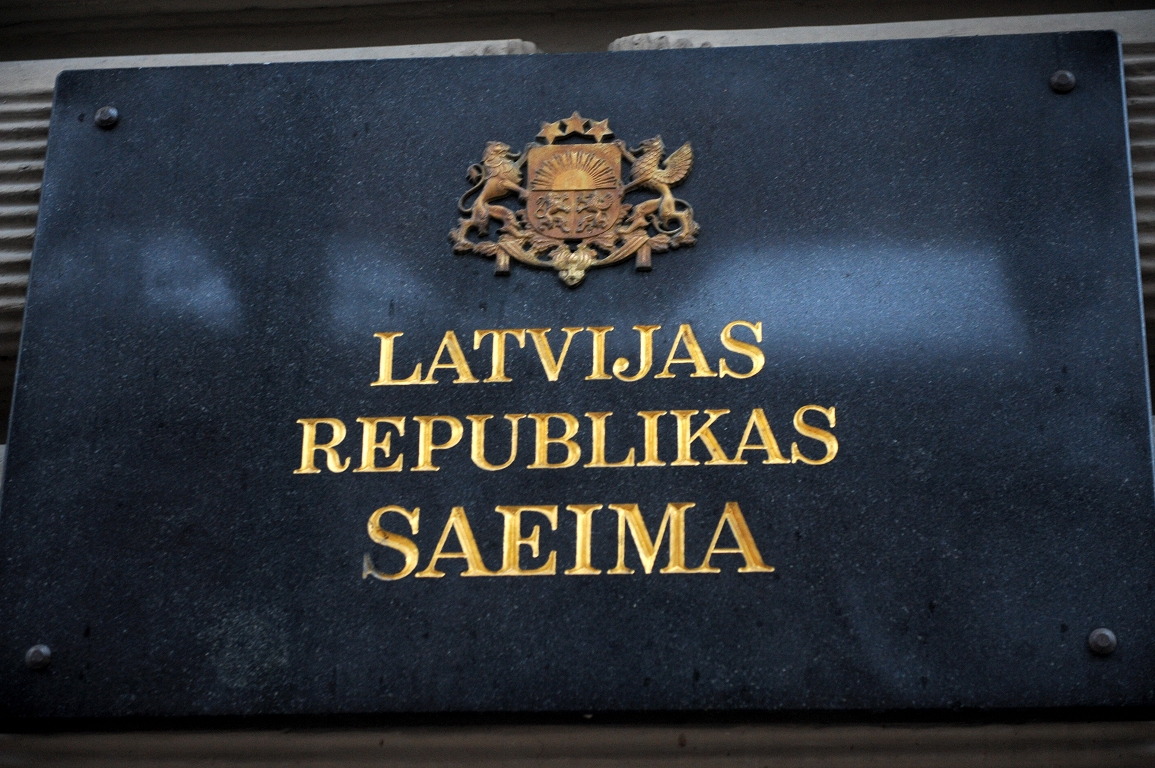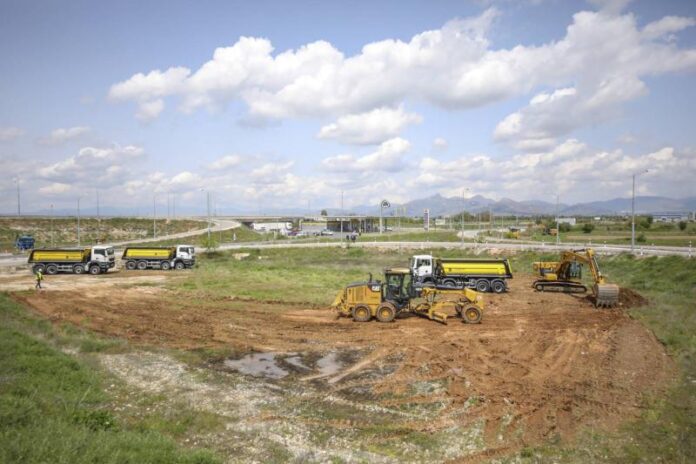If the waiting times at the IND had not been that long, Khaled now did not run a risk of being sent back to Syria
:format(webp)/s3/static.nrc.nl/wp-content/uploads/2025/06/10210845/web-1006BIN_vanWeel.jpg)
Syrians in the asylum seekers’ center in The Hague where Khaled (45) is staying, his « shocked and sad, » he says on the phone on Wednesday. A day before, outgoing Minister of Justice David van Weel (VVD) wrote in a letter to the Chamber that there is a new country policy: Syria is no longer so unsafe, and therefore asylum applications from that country may be assessed again by the Immigration and Naturalization Service (IND)- also as an assessment means rejection.
Read also
Outgoing cabinet sharpenes asylum policy for Syrians
Half a year ago, when the regime of dictator Bashar al-Assad fell, the Dutch government suspended the treatment of asylum requests from Syrians. Since then, Syrians whose asylum procedure was still running, in uncertainty. Now Van Weel starts those procedures again – with his opinion on the security situation in Syria as a framework for the assessments.
The IND is starting to start « immediately » again, the organization writes on Wednesday. The decision of Van Weel can weigh « 16,870 ongoing and new applications ». It’s great that there is soon clarity for asylum seekers who have lived in uncertainty for six months, says an IND spokesperson. And that the IND can « get started » with the pile of requests that had been there for some time. Yet it will not go that fast again, says the spokesperson: the average waiting time for asylum applications is now 81 weeks.
The decisions of the IND will be based primarily on the most recent official message about Syria – a report on the Safety in the country. That message was published at the end of May and shows a « reasonable improvement » compared to the official message before, Van Weel writes to the Chamber. After the fall of Assad, the situation is « turned ».
‘Premature’
Khaled, who does not want his last name in the newspaper because he is afraid that it will endanger his asylum application, is disappointed. He finds Van Weel’s decision unfair. « My country is not yet safe enough, » he says. « I hear from friends that there are abductions, arrests and invented charges. » In particular against the Alawites, he says – a religious minority that comes from Shiite Islam that also includes Assad and his family. Although Khaled himself is no longer an alawiet, his family is.
Khaled does not know what he should return to in Syria. « My house in Idlib has been destroyed. »
If the IND was not so slow to decide, those people would have already received a status
He has been in the Netherlands for eighteen months now. Those months he spent waiting in the asylum seekers’ center where he lives. He also finds that unfair: if the waiting times at the IND would not have been that long, he did not run any risk of being returned. Before the fall of the Assad regime in December, he had certainly received a residence permit, he thinks.
The latter is also what asylum lawyer Lou van Leer is angry about: « Part of the applications has been on the pile for months. If the IND was not so slowly deciding, those people would have already received status. »
Together with her colleagues, Leer compared the new official message with the earlier versions on Wednesday and saw that there are really not so many differences. » « The situation is anything but safe, there are still many hot spots and 90 percent of the population lives below the poverty line, a large part of the infrastructure has been destroyed. » That is what the Vluchtelingenwerk Foundation, which calls the decision ‘premature’. Van Weel’s letter « can lead to people being sent back to unsafe area, just because VVD, BBB and NSC want to show that they are not inferior to the PVV, » says Van Leer.
/s3/static.nrc.nl/images/gn4/stripped/data133546393-322376.jpg|https://images.nrc.nl/q0jfn_eNm7BcWWf3uVh8Uq7dda4=/1920x/filters:no_upscale()/s3/static.nrc.nl/images/gn4/stripped/data133546393-322376.jpg|https://images.nrc.nl/_aXOJnM5WU-YiUWyNp5MvqlJQdA=/5760x/filters:no_upscale()/s3/static.nrc.nl/images/gn4/stripped/data133546393-322376.jpg)
Photo Kees van de Veen
In appeal
Van Leer is also concerned about the pressure that Van Weel’s decision will put on the asylum chain. When Syrians came to the Netherlands, they often got a status after a short conversation and a look at their passport. « Those were standard decisions. If they now have to look per individual whether or not someone is entitled to a residence permit, it will take a lot of time. Lawyers will start litigating, so that courts will also get many more things. I don’t know how to get rid of it. »
The IND spokesperson says that the organization is used to: « In recent months we received an average of 45,000 new applications per month and it is also no secret that we are already trying to struggle through it. We are rowing with all the belts we have. »
In any case, Khaled knows: « If my asylum application is rejected, I will appeal. »
Read also
The Netherlands is pursuing ASIELDEBAT on EU policy that is hardly about politics, says teacher of migration law

:format(webp)/s3/static.nrc.nl/images/gn4/stripped/data133479725-98648c.jpg)
:format(webp)/s3/static.nrc.nl/wp-content/uploads/2024/06/web-1206bingelijkheid.jpg)
/s3/static.nrc.nl/wp-content/uploads/2025/06/12195350/web-1206SPOpromes.jpg)
:format(webp)/s3/static.nrc.nl/wp-content/uploads/2025/06/05082658/data133175350-349c0f.jpg)


